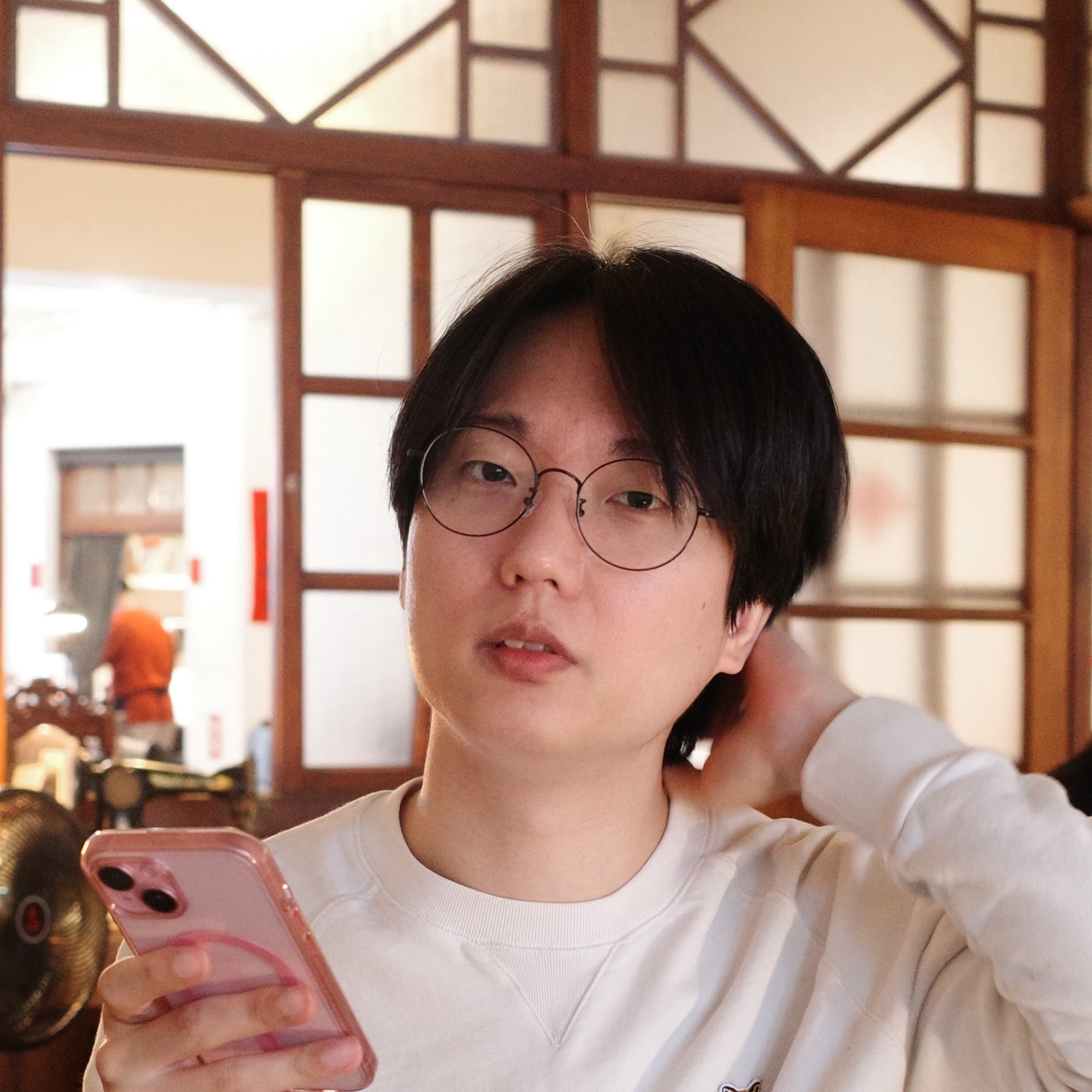@houfu@kopiti.am In Korea, it's actually the opposite.
-
@houfu@kopiti.am In Korea, it's actually the opposite. While we're also pushed to learn English in school, it's extremely rare to use it in daily life before getting a job. Some professions are heavily exposed to English, but many don't require it at all. Meanwhile, English proficiency also functions as a sort of class marker in Korea, so many Koreans live with a sense of shame about their English skills.
-
@hongminhee @houfu I was much more sensitive to language issues when I was a teenager. Before the College Entrance Examination, graduates admitted to a Shenzhen-based, trendy university launched a campaign at my high school. A chapter of their verbose words boasts ‘English is our native language’ and how they proudly cope with Korean professors in English. In the answer session, I screamed my question in English and added ‘I think it is respectful to speak the native language of opponents. ’
-
 undefined hongminhee@hollo.social shared this topic
undefined hongminhee@hollo.social shared this topic
-
@hongminhee @houfu I was much more sensitive to language issues when I was a teenager. Before the College Entrance Examination, graduates admitted to a Shenzhen-based, trendy university launched a campaign at my high school. A chapter of their verbose words boasts ‘English is our native language’ and how they proudly cope with Korean professors in English. In the answer session, I screamed my question in English and added ‘I think it is respectful to speak the native language of opponents. ’
@hongminhee To be fair, I appreciate that you pointed out each lingua franca, not confined to English, contains imperialism. In that incident, my attitude towards dear Shenzhen laureates is no more than 五十步笑百步.